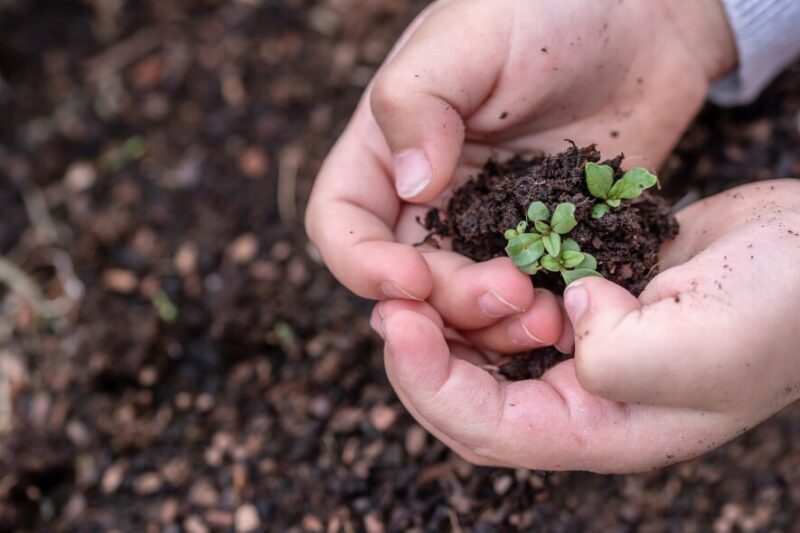UNESCO unveiled new tools on Wednesday, June 5, 2024, on the occasion of World Environment Day, to make schools and curricula more environmentally friendly, while emphasizing the need to empower young people to play a concrete role in the fight against the climate crisis.
“Placing environmental issues at the heart of schools and curricula is one of the best ways to combat climate change in the long term,” emphasizes Audrey Azoulay, Director-General, quoted in a statement released this Wednesday.
A UNESCO study conducted in 2021 on 100 national curricula revealed that nearly half of them (47%) did not mention climate change, while only 23% of teachers felt comfortable addressing climate action in their classes, and 70% of young respondents said they were unable to explain climate change and were concerned about how it is taught, the Paris-based UN organization recalls.
While significant progress has been made in the last three years by UNESCO member states to integrate the environment into curricula, a new report co-published this Wednesday by the Organization warns that these programs are still too often theoretical, focusing on the transmission of knowledge and not encouraging enough action.
The report calls for education for sustainable development to be more grounded in field experiences as they better promote change, through two concrete tools that UNESCO offers to its member states and educational communities worldwide.
These include a new guide on ecology in curricula that provides, for the first time, a common vision of what education on climate change should be and how countries can integrate environmental themes into their programs.
The second tool is UNESCO’s new quality standard for “green schools” – developed in partnership with other UN agencies, civil society, and states – which defines the minimum requirements to be met to create a “green school,” prioritizing an action-oriented approach.


